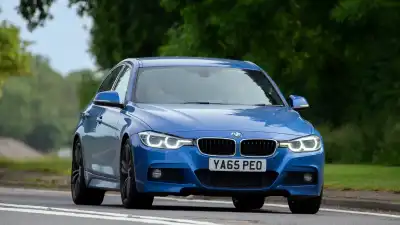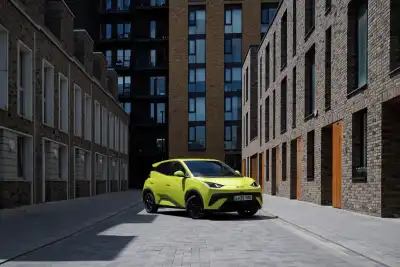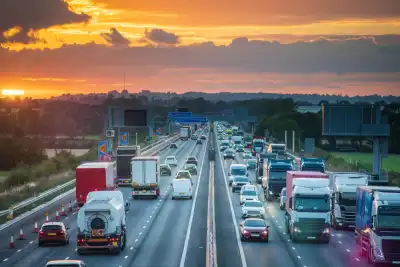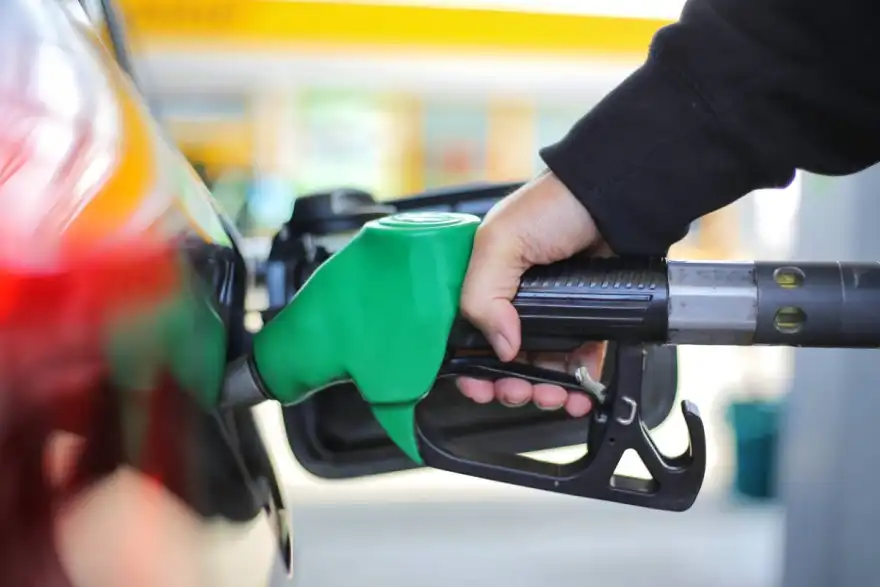
Figures released by the AA show that petrol typically costs 148.02p which is a fraction higher than the previous record of 147.72p set back in November last year.
Diesel costs have also hit new highs with 151.57p per litre as the endless barrage of rising inflation continues to hit motorists across the country.
"The cost of living crisis has been ratcheted up yet another notch, tightening the vice on family spending when it faces other pressures from impending domestic energy cost and tax increases," says Luke Bosdet, the AA's fuel price spokesman.
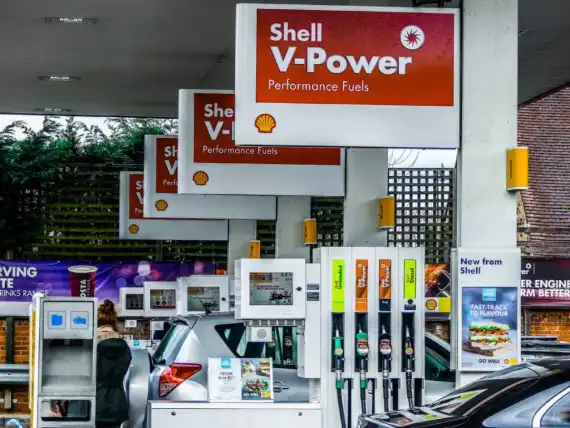
The RAC put the price rise down to the ongoing tensions with Russia and an increase in Brent crude oil prices, which themselves surged to a new seven-year high of more than $95.40 (£70.59) per barrel.
RAC fuel spokesman, Simon Williams, said the average cost of filling a 55-litre family car is now £81.41.
"With the oil price teetering on the brink of $100 a barrel and retailers keen to pass on the increase in wholesale fuel quickly, new records could now be set on a daily basis in the coming weeks.
"The oil price is rising due to tensions between Russia - the world's third-biggest oil producer - and Ukraine, along with oil production remaining out of kilter with demand as the world emerges from the pandemic. As a result, drivers in the UK could be in for an even worse ride as pump prices look certain to go up even more.
"On a positive note, retailer margins - which were the reason drivers paid overly high prices in December and January - have now returned to more normal levels of around 7p a litre.
"We urge the big four supermarkets, which dominate fuel sales, to play fair with drivers and not to make a bad situation on the forecourt any worse by upping their margins again."
What do you think needs to be done to keep petrol prices low and how should the government be helping us through this cost of living crisis? Let us know your thoughts in the comment box below.

